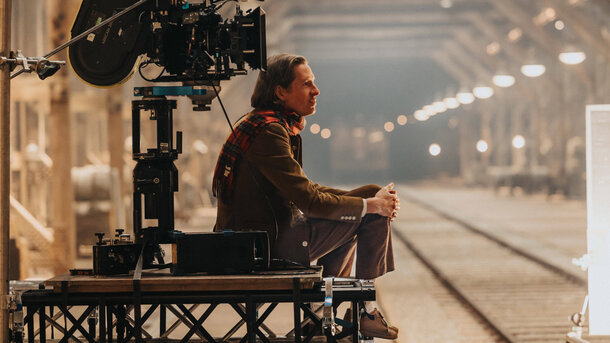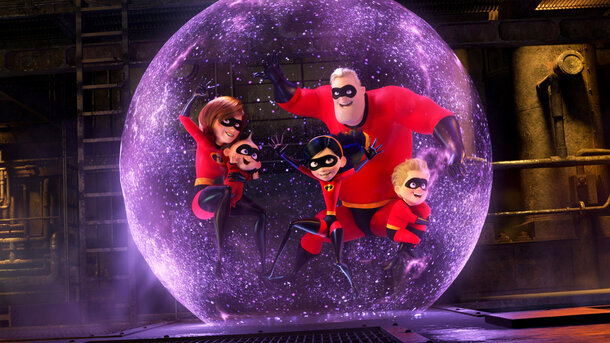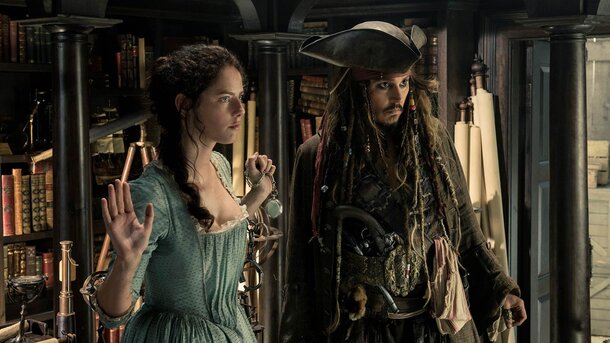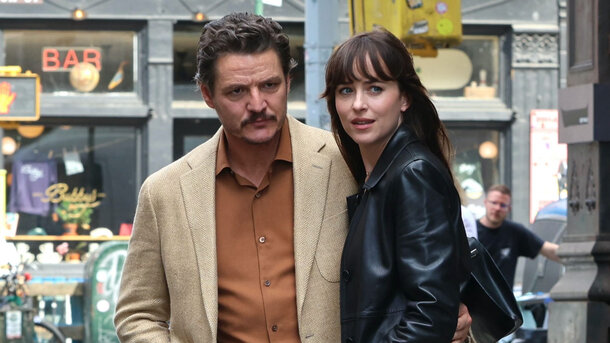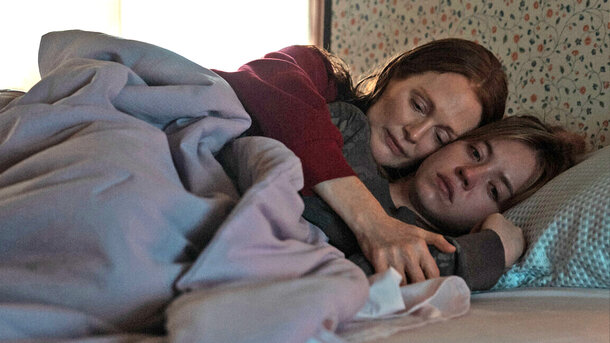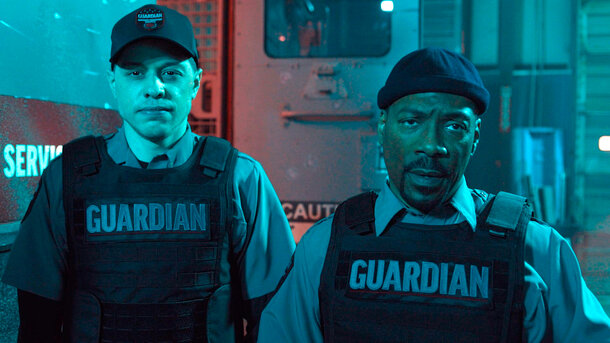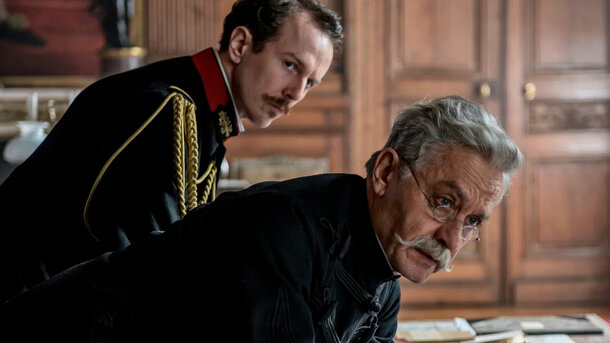In The Phoenician Scheme, Wes Anderson trades in melancholy for missiles — sort of. While the visual trademarks remain intact—precise framing, dusty colour palettes, the familiar sense of curated whimsy — the narrative itself veers sharply into the world of high-stakes deals, corporate ambition, and sudden danger. Originally envisioned as a drama about a businessman exploiting international land projects for long-term profit, the film took a turn early in the writing process.
"We wrote the first scene, the assistant gets blown in half, and then he ejects the pilot… this is tonally different from what I thought it was. And it's just going this way. So we continued down that road," Anderson reflects.
At the centre is Zsa-Zsa Korda (Benicio Del Toro), a morally dubious tycoon scrambling to cover his financial missteps. Alongside his daughter Liesl (Mia Threapleton) and a somewhat out-of-place insect specialist named Bjørn (Michael Cera), Korda travels across his network of contacts, seeking funds, favours, and, more importantly, survival. The businessman’s wealth, symbolised by his prized aircraft, becomes both his armour and his vulnerability in a film that uses jet fuel not just as propulsion, but as metaphor.
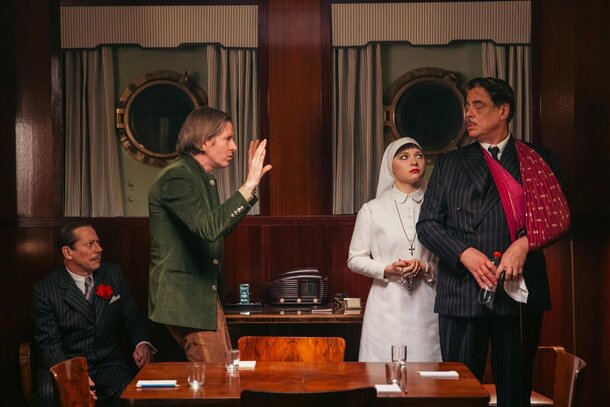
Rather than parody or spectacle, The Phoenician Scheme plays like a curious evolution — a film that began in one register and found its true tone only as it was being written. Anderson likens the process to unearthing something already alive: "You have a preconception of it, but then the process of writing, it's more like you're unearthing a thing that already exists" The result is a strange, elegant hybrid: part satire, part character study, threaded together with aerial sequences, dry dialogue, and a quiet sense of existential momentum.
And for all the flying limbs and fighter jets, what lingers is the strange beauty of a director letting his story tell him where to go — even if that means starting with a mid-air ejection and never quite touching down. By the way, in the interview, the director also shared a story about an actress who turned down roles in his films not once, but four times — we wrote about that here.
